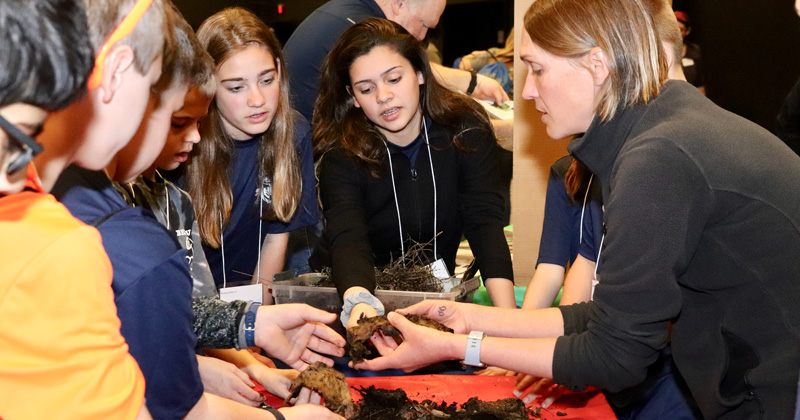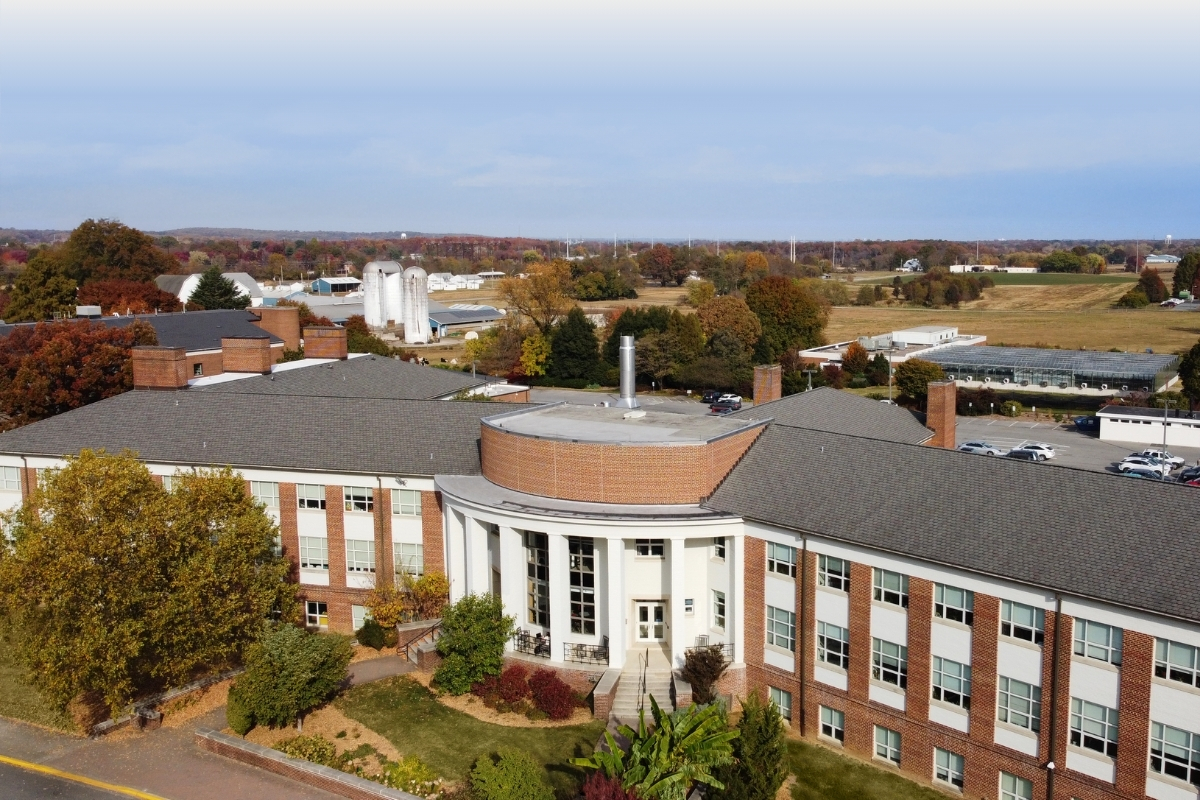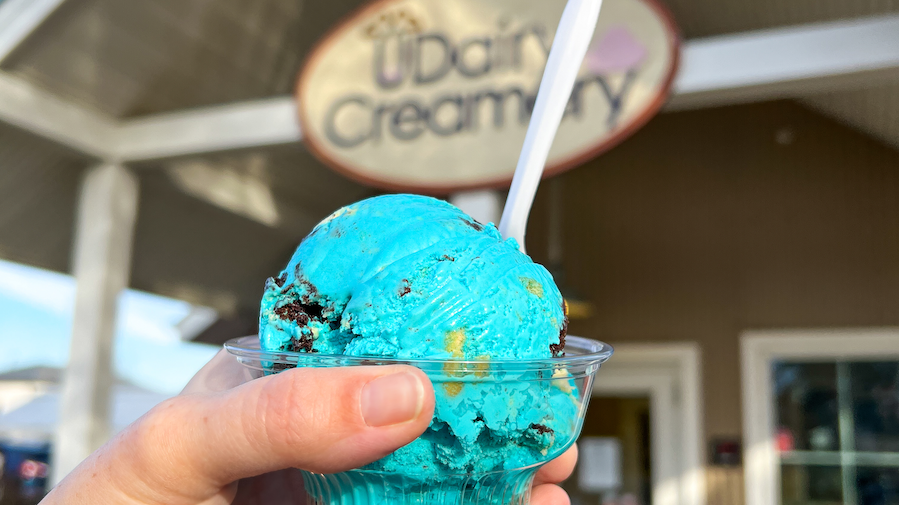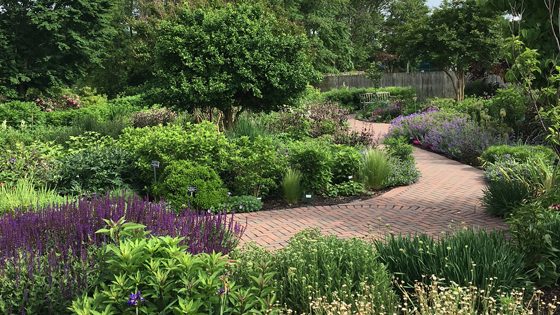
The College of Agriculture and Natural Resources is a unified community of leaders addressing the grand challenges that define our relationship with the natural world and the future of global agriculture through rigorous and engaged research, innovative and discovery-based teaching, and impact-driven outreach and engagement.

The future of research
Explore Worrilow Hall, our redesigned research hub and one of the most modern, state-of-the-art learning facilities at the University of Delaware.
Recent news
-

Community conservation
January 28, 2026 | Written by by Katie Peikes | Photos courtesy of Brian Griffiths and by Dylan Francis, Elizabeth Benson and Wilfredo Martinez | Photo illustration by Katie YoungBrian Griffiths, a UD Class of 2016 alumnus with degrees in plant science and environmental engineering, has made a career out of going to the Peruvian Amazon and supporting rural and Indigenous communities with wildlife management goals. A trip to the Peruvian Amazon in his undergraduate years set him on a career path exploring conservation, and how humans are connected with their natural world. -
A 4-H Family
January 23, 2026 | Written by: Molly SchaferThe Webb Family of Greenwood, Delaware, is deeply committed to 4-H. In 2006, Double Dels Scott and Elaine (Zeitler) Webb established the Peach Blossom 4-H Club. Their children, Leslie and Leighton Webb, grew up in the club and now, as adults, volunteer alongside their parents. Leslie is also a UD alumna. -
Helping gardens and interns grow
January 16, 2026 | Written by Michele Walfred | Photos by Katie Young and Michele Walfred and courtesy of Andrew AdamsUniversity of Delaware Botanic Gardens Nursery and Collections Manager Andrew Adams oversees a diverse botanical selection that comprises 11 specialty gardens across 15 acres — soon to be 16 — when the Townsend East Lawn and Garden project is complete. Adams credits his own academic career path at UD directly to his UDBG intern experiences in 2016.
Upcoming events
Extending education to the public

Land-Grant Institution
In 1869, the University of Delaware (UD) College of Agriculture and Natural Resources was established as the state’s land-grant university with a mission consisting of three elements: teaching, research and “extension”. Cooperative Extension fulfills the third part of this mission: bringing knowledge to the people of Delaware. Today, we offer university knowledge, research and resources — just for you!
College graduates with expertise in food, agriculture, renewable natural resources and the environment are essential to our ability to address the U.S. priorities of food security, sustainable energy and environmental quality.
 Featured video
Featured video
Enriching staple crops
New University of Delaware research studied how well a healthy bacteria, Streptomyces coelicolor M145, could enhance the levels of the amino acid ergothioneine in spring wheat. In a lab experiment, they found the bacteria could naturally fortify cereal crops, making them more protein-rich in their roots and shoots. The findings suggest that there are natural ways to enrich protein concentration in crops, to help feed the world.
Innovation at UD: Harsh Bais: youtube.com/embed/videoseries?list=com.synechron.udel.models.functions.SubstrAfter
CANR's Commitment
The College of Agriculture and Natural Resources (CANR) is committed to fostering an inclusive and supportive community where everyone is welcome. Learn more about these efforts.
UD's commitment to an equitable and inclusive environment
The University of Delaware does not discriminate against any person on the basis of race, color, national origin, sex, gender identity or expression, sexual orientation, genetic information, marital status, disability, religion, age, veteran status or any other characteristic protected by applicable law in its employment, educational programs and activities, admissions, and scholarship and loan programs as required by Title IX of the Educational Amendments of 1972, the Americans with Disabilities Act of 1990, Section 504 of the Rehabilitation Act of 1973, Title VI and VII of the Civil Rights Act of 1964, and other applicable statutes and University policies. The University of Delaware also prohibits unlawful harassment, including sexual harassment and sexual violence.
 @UDCANR on Instagram
@UDCANR on Instagram






